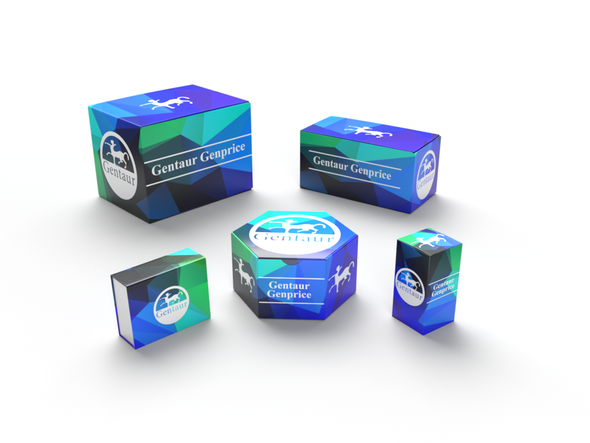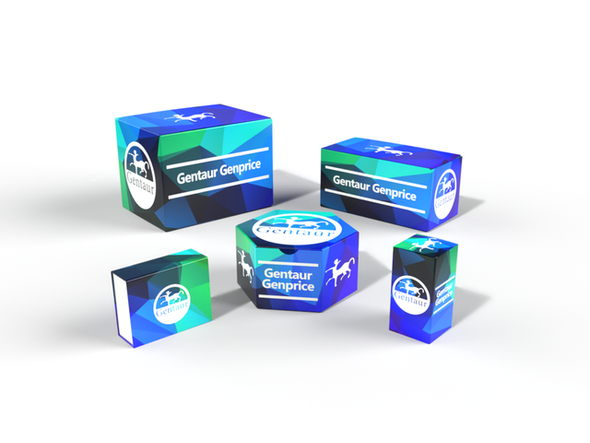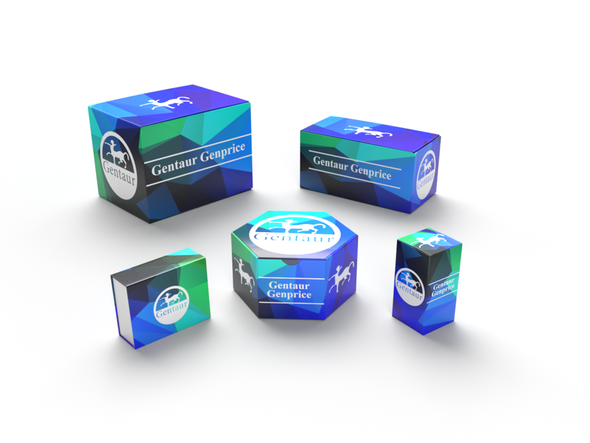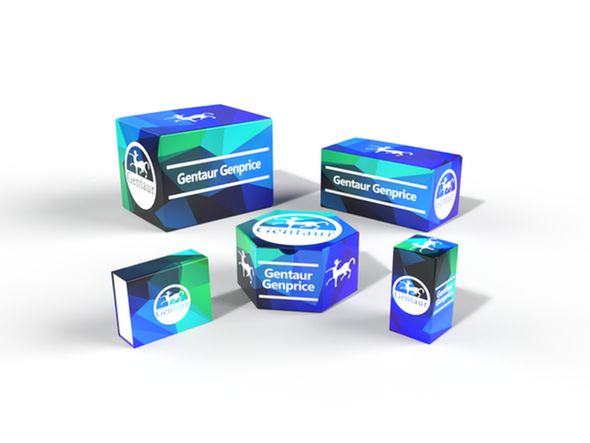740
Rat Intestinal-type alkaline phosphatase (ALPI) ELISA Kit | AE59408RA
- SKU:
- 740-AE59408RA
- Availability:
- Usually ships in 5 working days
Description
Rat Intestinal-type alkaline phosphatase (ALPI) ELISA Kit | AE59408RA | Gentaur UK, US & Europe Distribution
Species Reactivity: Rat (Rattus norvegicus)
Abbreviation: ALPI
Alternative Name: IAP; Kasahara isozyme|alkaline phosphomonoesterase|glycerophosphatase|intestinal alkaline phosphatase
Application: ELISA
Range: 0.781-50 ng/mL
Sensitivity: 0.33 ng/mL
Intra-Assay: ≤4.5%
Inter-Assay: ≤8.3%
Recovery: 0, 99
Sample Type: Serum, Plasma, Other biological fluids
Detection Method: Sandwich
Analysis Method : Quantitive
Test Principale: This assay employs a two-site sandwich ELISA to quantitate ALPI in samples. An antibody specific for ALPI has been pre-coated onto a microplate. Standards and samples are pipetted into the wells and anyALPI present is bound by the immobilized antibody. After removing any unbound substances, a biotin-conjugated antibody specific for ALPI is added to the wells. After washing, Streptavidin conjugated Horseradish Peroxidase (HRP) is added to the wells. Following a wash to remove any unbound avidin-enzyme reagent, a substrate solution is added to the wells and color develops in proportion to the amount of ALPI bound in the initial step. The color development is stopped and the intensity of the color is measured.
Product Overview: Alkaline phosphatase, intestinal also known as ALPI is a type of alkaline phosphatase.The deduced polypeptide showed 86.5% amino acid identity to placental ALP and 56.6% amino acid identity to liver/bone/kidney ALP. Thus, the immunologic cross-reactivity of ALPI and ALPP is perhaps explained. Calf Intestinal Alkaline Phosphatase (CIP) is an enzyme that catalyzes the 5' phosphate group's removal from DNA. This enzyme is frequently used in DNA sub-cloning, because DNA fragments which lack the 5' phosphoryl termini cannot self-ligate. Preventing self ligation is important both in improving the yield of properly ligated product, and reducing the background of improperly self-ligated contaminant.
Stability: The stability of ELISA kit is determined by the loss rate of activity. The loss rate of this kit is less than 5% within the expiration date under appropriate storage condition. The loss rate was determined by accelerated thermal degradation test. Keep the kit at 37°C for 4 and 7 days, and compare O.D.values of the kit kept at 37°C with that of at recommended temperature. (referring from China Biological Products Standard, which was calculated by the Arrhenius equation. For ELISA kit, 4 days storage at 37°C can be considered as 6 months at 2 - 8°C, which means 7 days at 37°C equaling 12 months at 2 - 8°C) .






